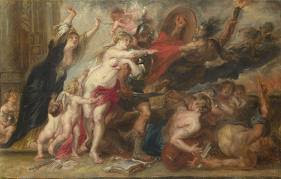The Cocoon Between What Crawls and What Flies
The sun, the clear morning, the quiet, the barely born butterfly from the cocoon under the bench.
Solitude—when you get saturated with silence and landscape, then you need an interior work, psalms, scripture, meditation. But first the saturation. How much of this is simply restoration of one’s normal human balance?
Like waking up, like convalescence after an illness. My life here in solitude is most real because it is most simple. In the monastery it is also real and simple, at least in the novitiate. The more I reach out into “the world,” the less simplicity, the more sickness. Our society is gravely ill[1]. This is said so often and I have said it so often, and saying it doesn’t seem to help. Knowing it does not seem to help. My concern has been probably sincere but in great part futile. I don’t want to turn off into desperation and negativism, but there has to be far greater reserve and caution and silence in my looking at the world and my attempts to help us all survive.
Identity. I can see now where the work is to be done. I have been coming here into solitude to find myself, and now I must also lose myself: not simply to rest in the calm, the peace, in the identity that is made up of my experienced relationship with nature in solitude. This is healthier than my “identity” as a writer or a monk, but it is still a false identity, although it has a temporary meaning and validity. It is the cocoon that masks the transition stage between what crawls and what flies.
June 3 and 4, 1963, IV.326-28





